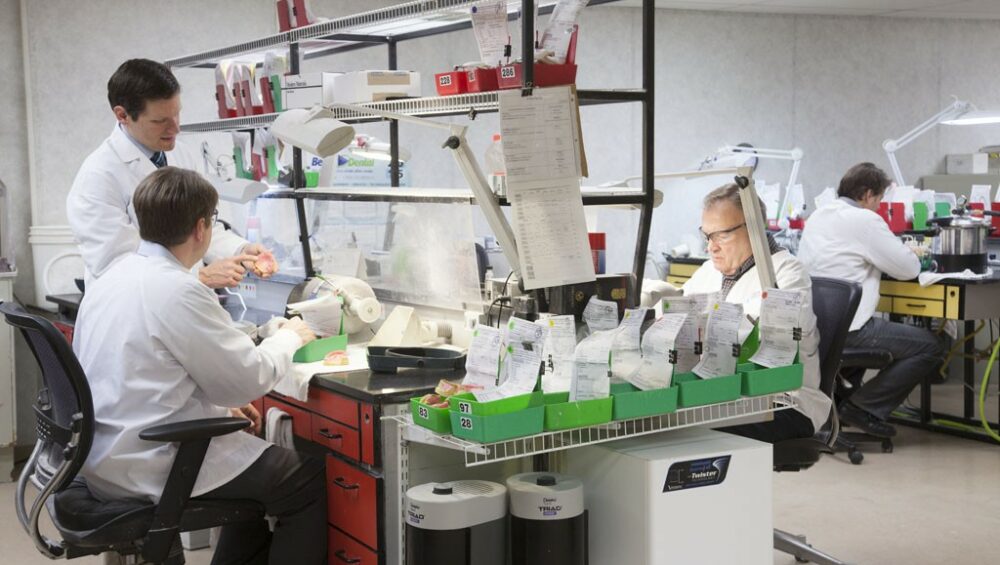As an AI language model, I can provide a list of ten significant developments in the field of oncology in the year 2021. However, please note that the specific ranking of the top developments may vary depending on individual perspectives and preferences. Here are ten breakthroughs and advancements:
1. Advances in Immunotherapy: The field of immunotherapy saw various developments, including the approval of new immune checkpoint inhibitors, CAR-T cell therapies, and emerging approaches like bispecific antibodies.
2. Targeted Therapies: The development of targeted therapies continued to expand, especially in precision medicine. New drugs were approved for specific genetic mutations and alterations, particularly in lung cancer, breast cancer, and melanoma.
3. Liquid Biopsies: Liquid biopsy techniques enhanced cancer detection and monitoring. These non-invasive tests could detect circulating tumor DNA (ctDNA) in the blood, enabling early diagnosis, prediction of treatment response, and tracking of tumor evolution.
4. Artificial Intelligence: AI and machine learning applications gained prominence in oncology. These tools were utilized for image analysis, molecular profiling, treatment planning, and predicting patient outcomes, aiding personalized medicine approaches.
5. CAR-T Cell Therapies: Chimeric antigen receptor T-cell (CAR-T) therapies continued to show promise in hematological malignancies. Innovative CAR-T therapies received regulatory approvals and demonstrated improved outcomes in patients with certain types of blood cancers.
6. Tumor-Agnostic Approvals: The concept of tumor-agnostic approvals gained traction, showcasing the potential of targeted therapies based on specific genetic abnormalities like microsatellite instability-high (MSI-H) or DNA mismatch repair (dMMR) mutations. These approvals provide treatment options irrespective of the tumor’s origin.
7. COVID-19 Impact on Oncology: COVID-19 had a significant impact on cancer care. Numerous studies and initiatives emerged to understand the influence of the virus on cancer outcomes and to mitigate disruptions in oncology services, such as telemedicine adoption and maintaining cancer treatment continuity.
8. Liquid Radiotherapy: Advancements in radiation therapy, such as the emergence of liquid radiotherapy agents, allowed for more precise tumor targeting while sparing healthy tissues. This development held promise for improved efficacy and reduced side effects.
9. Tumor Microenvironment Research: Extensive research focused on understanding the tumor microenvironment, including the interplay between cancer cells, immune cells, and stromal cells. Insights gained from these studies could lead to new treatment strategies targeting the tumor microenvironment.
10. Biomarker Discoveries: Several significant biomarker discoveries were made, aiding in the diagnosis, prognosis, and prediction of therapeutic responses. Biomarkers identified in various cancers have the potential to guide treatment selection and optimize outcomes.
Note that these developments do not encompass the entire spectrum of oncology advancements in 2021, as the field is vast and rapidly evolving.




